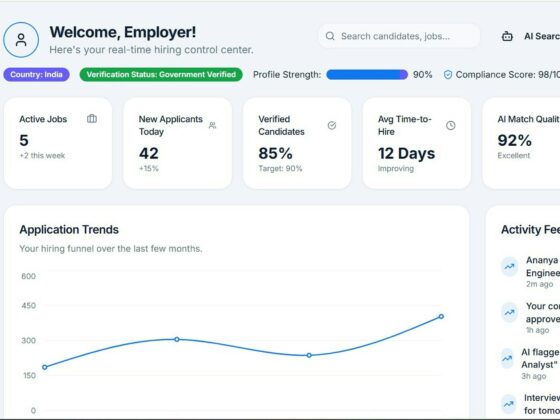I recently read
Ira Vouk, MBA
’s thought-provoking article about MCP (Model Context Protocol), AI, and their potential impact on hotel distribution and booking. It’s a conversation worth having, and I’d like to add some perspectives based on my experience building APIs and integrations in hospitality technology.
Clarifying MCP Terminology
Sometimes “MCP” (the protocol), “MCP Host” and “MCP Server” get blurred together. Keeping them distinct is useful:
- MCP itself is the neutral protocol — the set of standards that define how tools, resources, and AI models interact. For a more detailed introduction, see my recent blog post: Introducing the Model Context Protocol (MCP).
- MCP Host and Server are the implementation layers that bring the protocol to life in specific environments.
Similarly, I hadn’t come across the term “mounting” in reference to MCP. Typically, the language is about connecting to or integrating with servers. “Mounting” is more familiar from container volumes or filesystems and may cause confusion.
When we talk about ChatGPT “Agent Mode”, my understanding is that it runs on top of MCP “under the hood.” So in practice, references to Agent Mode are really just MCP at work.
AI Clients, Not Just ChatGPT
Ira’s article references OpenAI often, but I’d frame this more broadly. ChatGPT may not be the sole future of user interaction with the web. “AI browsers” or “AI clients” might be a better term, since it’s too early to call whether OpenAI, Google, Microsoft, Perplexity, or a new entrant will dominate.
MCP and APIs
MCP isn’t “richer than APIs” so much as a way to make APIs more usable. It enforces consistent semantics where APIs are otherwise poorly structured. Importantly, MCP is:
- an open standard (originating with Anthropic, the creators of Claude)
- not tied to any one model or vendor
- designed so AI applications can connect to multiple MCP Servers and multiple models in parallel
Implications for OTAs
Where I fully agree with Ira is that conversational AI + MCP opens the door to “next-gen OTAs.” The big question is who will lead — and I’d be surprised if current OTA players weren’t already working on it.
I was less sure about the idea of a “centralized platform for direct bookings.” To me, that sounds contradictory: if it’s centralized, it’s no longer direct.
A “free OTA for hotels” is really a commercial and governance challenge rather than a technical one. And history (e.g. HTNG, OTA standards) suggests industry-wide initiatives often struggle to compete with private players who can move faster.
Beyond Conversational Interfaces
As exciting as conversational booking is, the real potential lies in hyper-personalisation. AI could already know your budget, travel habits, style, and even health needs — so it doesn’t just suggest a boutique hotel in Barcelona, but the one that perfectly matches who you are.
Closing
Thanks again to Ira for opening up this discussion. MCP and AI are reshaping every digital industry, and hospitality is no exception. The opportunity is huge, timing matters, and the winners are still to be determined.
I’m curious to hear from others in the field — how do you see MCP reshaping distribution and bookings in the next 3–5 years?







